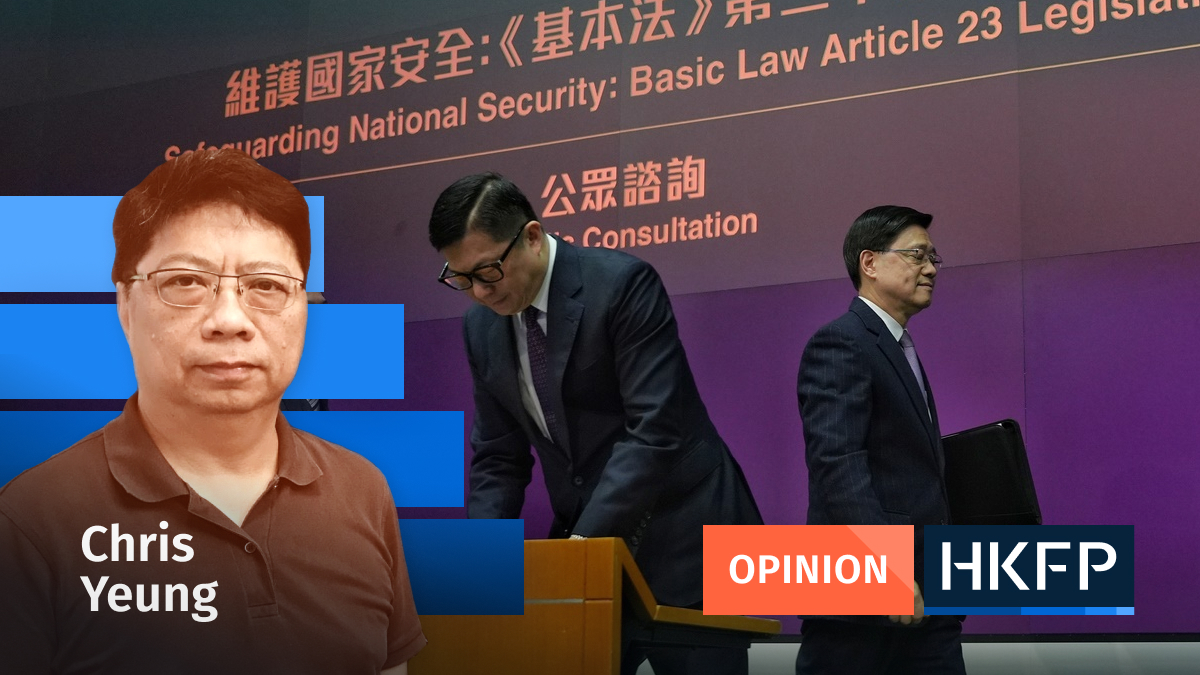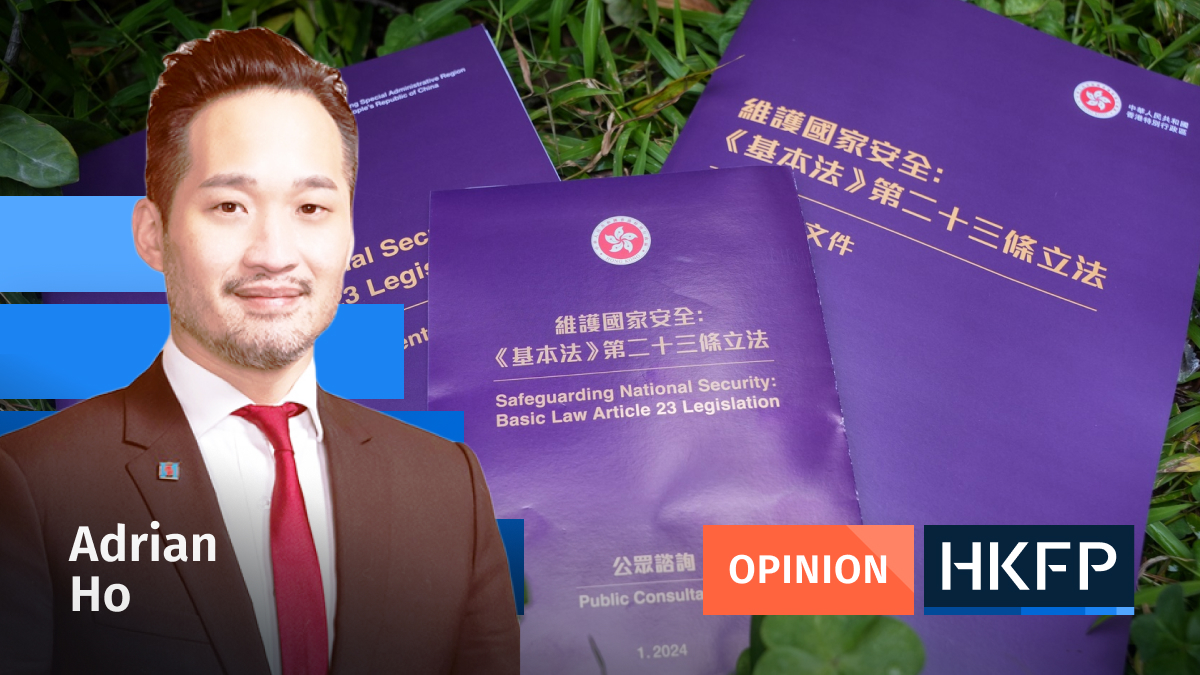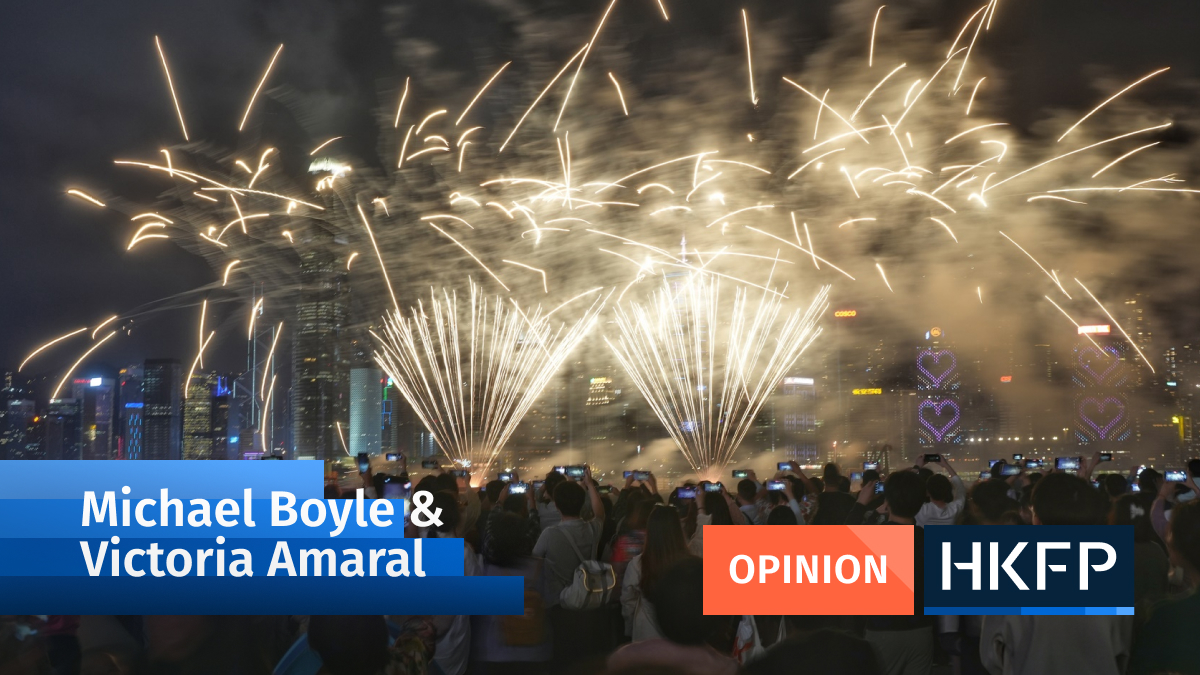The current status of John Lee Ka-chiu has presented one of those linguistic problems which delight retired sub editors: how do you describe a man who is clearly going to win a predetermined election?
My regular free newspaper tried “chief executive hopeful”, realised that wasn’t really capturing the reality of the situation – “chief executive certainty” would have been more accurate – and retreated the next day to “sole chief executive candidate”.
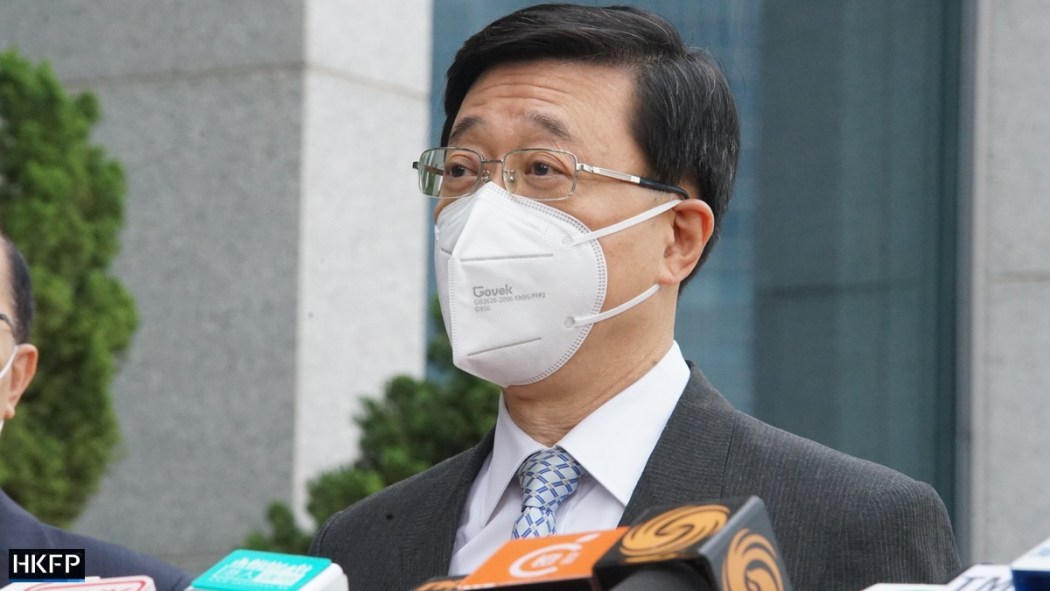
A local columnist offered “chief executive-in-waiting” which captures the “not yet but definitely soon” aspect of the situation, at the risk of making Lee sound like a minor palace official, as in “lady-in-waiting”.
Foreign publications were less inhibited about the manipulations behind the scenes: one offered “the central government’s selection”, but this will hardly do for Hong Kong purposes.
Digging into an online thesaurus provides some suggestions, but they all have problems. The “embryonic chief executive” is too medical. The “chief executive presumptive” (as in, “heir presumptive”) works, but involves confusing readers with an adjective that is for some reason always put after the noun, instead of the usual position in front of it.
The word used in English elections for candidates who do not yet wish to be counted for election expenses purposes is “prospective”, probably a technical leap too far for most of us. The “putative candidate” sounds vaguely Russian.
Well having raised the question I suppose we must offer some sort of answer. Lee is the “future chief executive”. This involves treating the election as a formality, albeit one with a potential price tag of more than HK$300 million. But it is a formality.
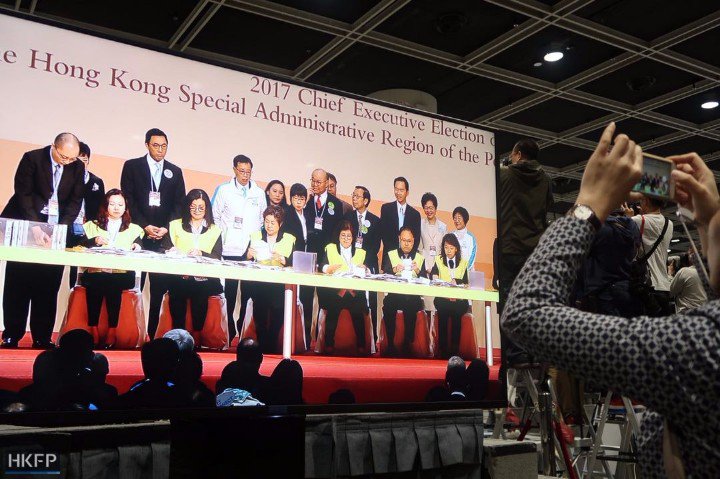
Lee has been nominated by more than half of the Election Committee. Presumably all these people will vote for him. Nevertheless he has now published a “manifesto.” He also recruited a large crew – mostly “heavyweights” you have never heard of – to work on his “campaign.”
Well, a few words of advice if Lee wants to start his chief executive career in a warm glow of public approval – or at least not in an icy depth of public hostility. Putting “national security legislation” as a top priority is not a crowd pleaser. Nor, alas, is “closer integration with the Greater Bay Area.” We know you have to work on these things, but they are not going to endear.
Your mainland minders are convinced that Hong Kong will roll over on its back with its legs in the air if its housing problems are solved, so put that up in lights. Social security, pensions, improvements to elderly care homes, and health services are all neglected topics which might properly engage the attention of a benevolent chief. Avoid “education reform.” You may mean something completely innocent by this but the person in the street will interpret it as a promise of better brainwashing.
Prepare to be asked about all sorts of things in press conferences. Some of your early performances were not inspired. When asked about the jailing of journalists it will not do, for example, to point out that since the Handover not one word of the Basic Law has been changed.
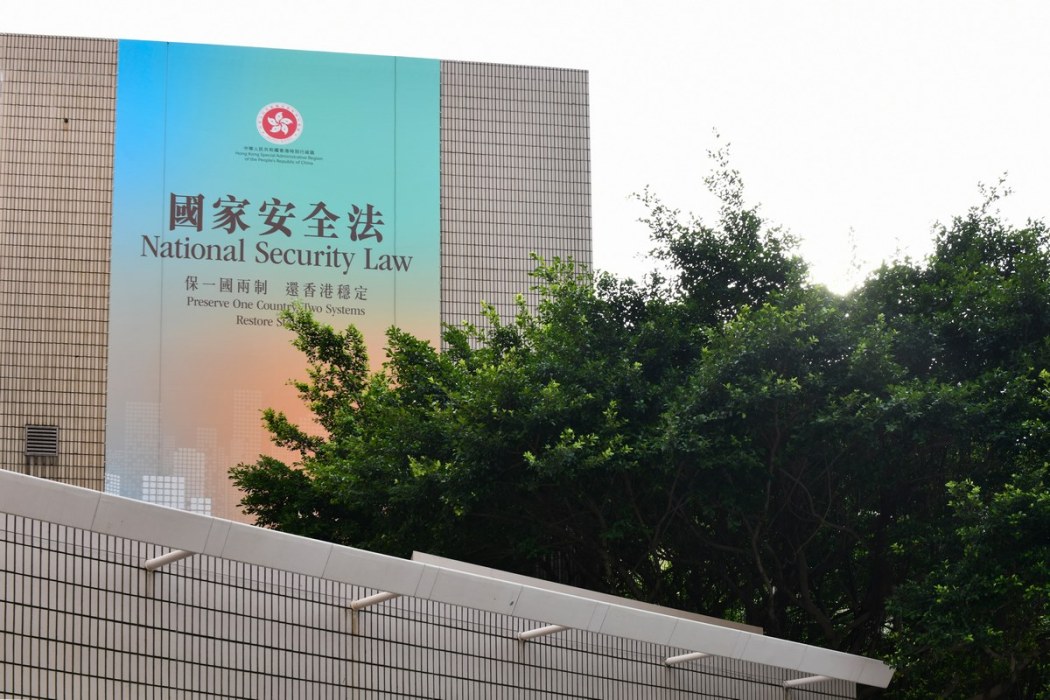
This is like saying that since the 1930s not one brick of the Peninsula Hotel has been removed. The bricks are all there, but someone has plonked a high-rise eyesore with a helicopter pad on top of them. Likewise the Basic Law is now subordinate to the national security law. And the Bill of Rights Ordinance is subordinate to both.
I am afraid you can hardly avoid some appearances in public within touching distance of the ordinary people who do not have a vote in your election, because this is what real politicians do. Fortunately, because of the Covid-19 situation, you do not have to really kiss babies. You could do worse, though, than follow the example of your predecessor Tung Chee-hwa, who had the habit of shaking hands with everyone within reach whenever he turned up anywhere.
The result of this was that having never been within shouting distance of a colonial governor I wound up getting a limp handful of Tung twice. I did not melt completely but I was impressed. These little things shouldn’t make a difference but they do.
On the other hand, when on your walk-abouts, try to discourage your underlings from reserving lifts for your exclusive use. I am told that some civil servants still cherish the memory of unexpected encounters with Chris Patten, as he then was, in an official elevator.

Try to avoid faux proletarian gestures like buying vegetables. We all know you have a cook.
Finally, a word about a rather delicate period ahead, in which you will have won the election but have to wait for official approval from Beijing. Meanwhile, you will have to wait and watch someone else doing what you will by now think of as your job.
Some consoling thoughts: Britain’s Prince Charles has been in this position for decades.
It may help to remember that generations of German dynasty the Habsburgs had a similar problem. The Holy Roman Emperor was the product of a small-circle election, with only seven electors. The electors always chose (with one exception over 400 years) the next Hapsburg in the queue.
But the winner of the election did not become Emperor – he had to content himself with the title of King of Rome – until he was crowned by the Pope, presumably to ensure an acceptable quantity of holiness.
This involved a trip over the Alps and took months, sometimes years. Your flight to Beijing will be a doddle by comparison.
Support HKFP | Policies & Ethics | Error/typo? | Contact Us | Newsletter | Transparency & Annual Report | Apps
| HKFP is an impartial platform & does not necessarily share the views of opinion writers or advertisers. HKFP presents a diversity of views & regularly invites figures across the political spectrum to write for us. Press freedom is guaranteed under the Basic Law, security law, Bill of Rights and Chinese constitution. Opinion pieces aim to point out errors or defects in the government, law or policies, or aim to suggest ideas or alterations via legal means without an intention of hatred, discontent or hostility against the authorities or other communities. |
Help safeguard press freedom & keep HKFP free for all readers by supporting our team

More HKFP OPINION:
HKFP has an impartial stance, transparent funding, and balanced coverage guided by an Ethics Code and Corrections Policy.
Support press freedom & help us surpass 1,000 monthly Patrons: 100% independent, governed by an ethics code & not-for-profit.





